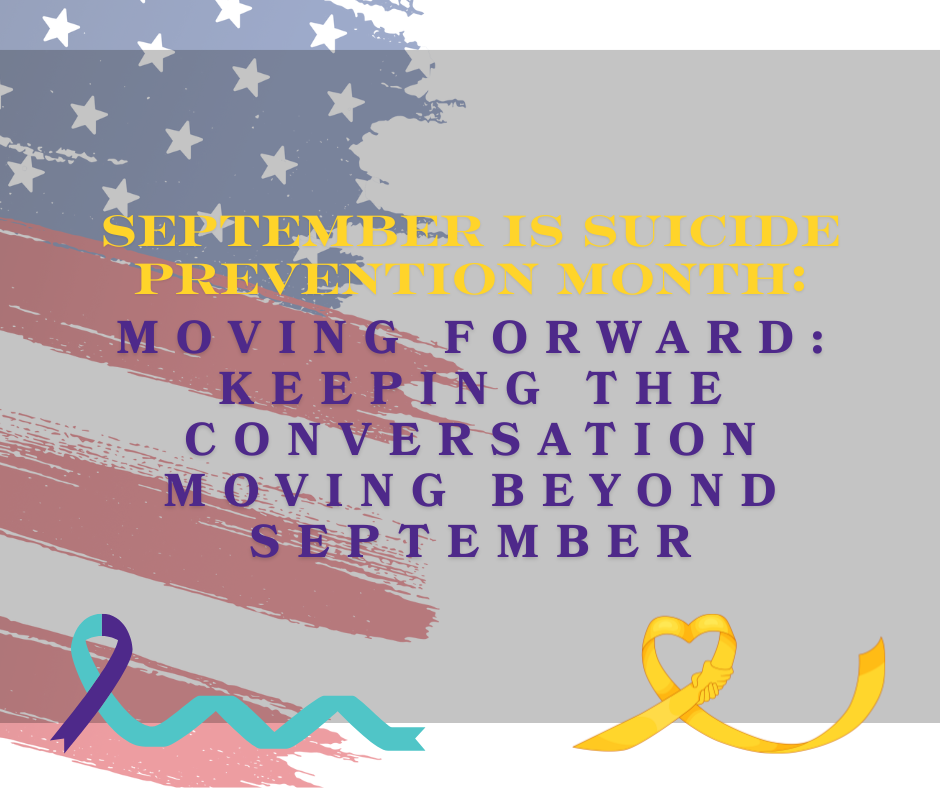May Is Mental Health Awareness Month: A Time to Reflect, Act, and Support
- Moderators
- May 9, 2025
- 3 min read
Each May, Mental Health Awareness Month offers a vital opportunity to spotlight the importance of mental wellbeing, reduce stigma, and encourage open conversations about mental health. First observed in 1949, this month-long campaign has grown into a national movement involving individuals, communities, and organizations across the country (CITI Program).
Why Mental Health Awareness Matters
Mental health awareness plays a crucial role in reducing stigma, encouraging early intervention, and fostering empathy and understanding. By normalizing conversations around mental health, it nurtures a more compassionate society where individuals feel empowered to seek help, leading to improved mental wellbeing (National Council for Mental Wellbeing).
Key Mental Health Statistics
Despite progress in mental health initiatives, more than 30 million people in the U.S. still lack access to comprehensive, high-quality care. These statistics highlight the ongoing need for Mental Health Awareness Month and the importance of bringing attention to this disparity:
1 in 5 U.S. adults experience mental illness each year.
1 in 20 U.S. adults experience serious mental illness each year.
1 in 6 U.S. youth have a mental health condition, but only half receive treatment.
50% of all lifetime mental illness begins by age 14, and 75% by age 24.
In 2023, 20% of all high school students seriously considered suicide (National Council for Mental Wellbeing).
How You Can Make a Difference
Supporting mental health doesn't require a professional background. Here are some actionable steps you can take: (SAMHSA)
Prioritize Your Own Wellbeing: Utilize resources like the National Council's free self-care checklist to support your mental health (National Council for Mental Wellbeing).
Educate Yourself and Others: Attend webinars and workshops to learn about mental health topics and trends. The National Council hosts expert-led sessions each month (National Council for Mental Wellbeing).
Get Trained in Mental Health First Aid (MHFA): MHFA courses teach how to identify, understand, and respond to signs of mental illnesses and substance use challenges (National Council for Mental Wellbeing).
Advocate for Change: Engage in advocacy efforts to expand access to mental health and substance use care, and bring attention to the importance of mental wellbeing (National Council for Mental Wellbeing).
Community Initiatives
Communities across the nation are taking steps to promote mental health awareness:
Laredo, Texas: The city officially declared May as Mental Health Awareness Month to address rising mental health issues. Initiatives include promoting a holistic approach to mental health that encompasses therapy, medication, and lifestyle changes (Laredo Morning Times).
Chautauqua County, New York: Residents participated in "Wear Green Day" on May 8 to show support for mental health awareness and reduce stigma (Chautauqua County).
National Recognition
The importance of mental health is acknowledged at the highest levels. In May 2025, the White House issued a proclamation recognizing National Mental Health Awareness Month, emphasizing the commitment to prioritizing the well-being of Americans affected by mental health challenges (The White House).
Take Action Today
Mental Health Awareness Month is more than just an observance; it's a call to action. By educating ourselves, supporting others, and advocating for change, we can contribute to a society where mental wellbeing is a reality for everyone (National Council for Mental Wellbeing).
For more resources and information, visit the National Council for Mental Wellbeing's Mental Health Awareness Month page.



Comments